June 30, 2014
Posted in News
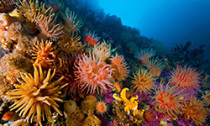
Climate change is impacting the world’s coral reefs, threatening the stability of both the oceanic eco-systems where they are found as well as nearby coasts. Now, a recent discovery by Israeli researchers may help pinpoint a way to help protect the massive underwater structures as waters grow warmer and more acidic in the years to come.
“We know the value of reefs, the massive calcium carbonate constructions that act as wave breakers, and protect against floods, erosion, hurricanes, and typhoons,” Yehuda Benayahu, the Israel Cohen Chair in Environmental Zoology at Tel Aviv University, said. “While alive, they provide habitats for thousands of living organisms, from sea urchins to clams, algae to fish. Reefs are also economically important in regions like Eilat or the Caribbean.”
Read More
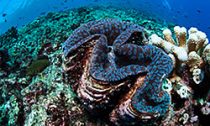


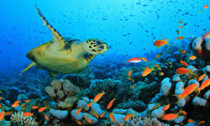
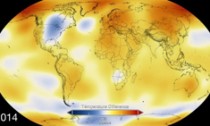
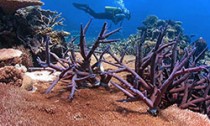
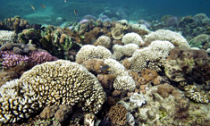
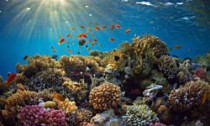

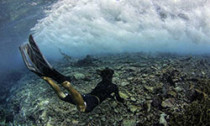
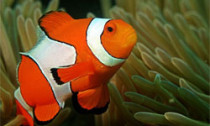
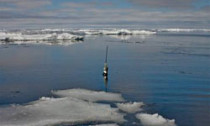


Social Profiles